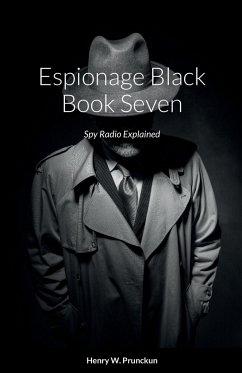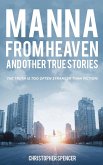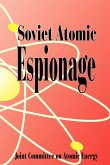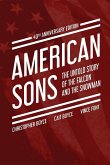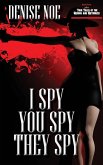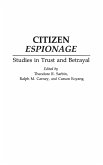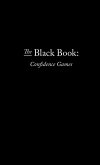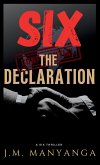Intelligence operations that used secret radio methods did not end when the Berlin Wall fell. They are still used by spies operating in denied areas and various radical underground groups. Intelligence officers who operate overseas under non-official cover and the agents they recruit need to communicate with those directing their mission. Operations officers need reliable yet secret channels to receive instructions and send back data; their agents need the same methods to ask questions as issues arise, and urgent matters demand dependable equipment. Before operations officers deploy overseas, they visit their agency's technology directorate to discuss their covert communications requirements. While operatives who work from embassies under official cover have the luxury of using secure computer links to transmit their cables, those under non-official cover need other devices. In this seventh in the series of "Espionage Black Books," intelligence studies scholar Dr Henry Prunckun explains the foundations of spy radio. He posits that while the theory of secret communication is straight-forward, covert communications systems are technically advanced. So, to understand the topic, he takes the reader through the scientific basics of radio spycraft.

